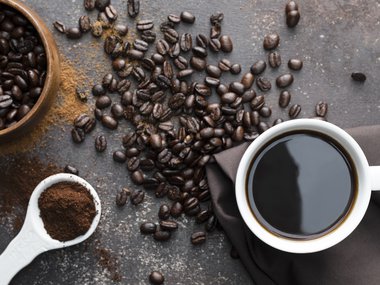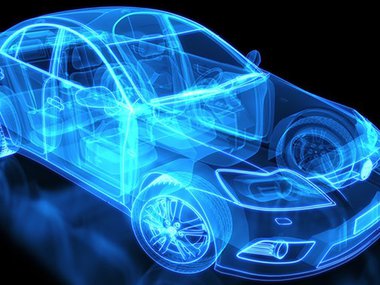Question Your World: Can Coffee Reduce the Addictive Effects of Alcohol?
It gets you going in the morning. It gives you antioxidants. It can even be used to make bricks and roads. I’m talking about the all powerful and magical thing most of us need every single day: Coffee! But can it also reduce the addictive effects of alcohol?
Recent research unveils that caffeine may counteract alcohol's impact on the brain's reward system by blocking dopamine responses typically triggered by alcohol. This study focused on the mesolimbic dopaminergic pathway, crucial for processing rewards and reinforcing addictive behaviors.
Alcohol consumption usually stimulates the release of dopamine, a feel-good hormone, along this pathway, reinforcing drinking behavior. However, caffeine, known for blocking adenosine A2A receptors that regulate dopamine activity, might disrupt this process.
Researchers administered various treatments to male rats, including alcohol alone, a combination of alcohol and caffeine, and selective drugs blocking specific adenosine receptors. They measured dopamine levels and neuronal activity in key brain regions like the nucleus accumbens and ventral tegmental area.
Results revealed that caffeine effectively blocked alcohol-induced dopamine surges, particularly in the nucleus accumbens, the region associated with reward and motivation! Moreover, caffeine prevented the formation of salsolinol, a chemical linked to alcohol's rewarding effects, and caffeine also interfered with the stimulation of dopamine neurons by alcohol. That means that when you drink, the feeling is not only less pleasurable, but also reduces the desire to continue drinking.
Much more testing is needed, but these initial insights suggest that caffeine could potentially be further developed to serve as a potential preventative tool against alcohol addiction by disrupting the brain's reward cycle associated with alcohol consumption. So, the next time you sip your coffee, consider that it might be doing more than just perking you up—it could potentially be helping act as a safeguard against alcohol's addictive grip.


